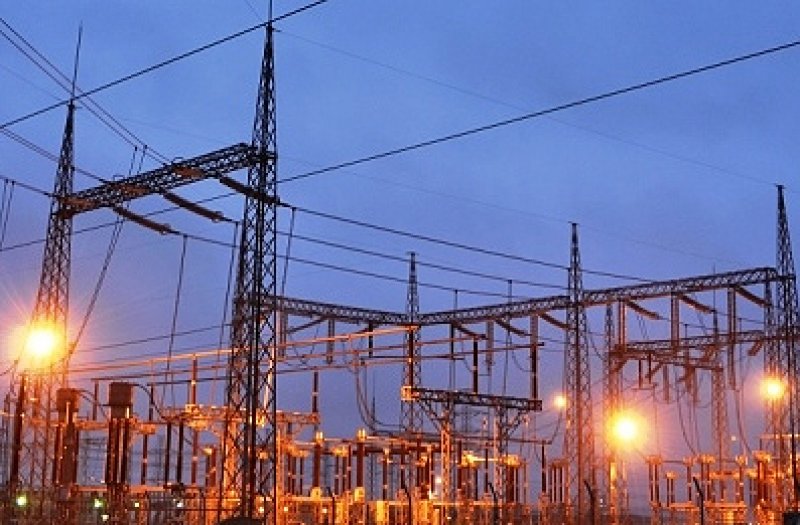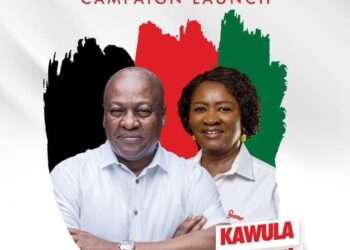Research, policy and programs officer at the Institute for Energy Security (IES), Adams Yakubu, has expressed the need for the World Bank to engage Independent Power Producers (IPPs) in the country for fairer negotiations in power sales.
According to him, Ghana had to engage IPPs some years ago in order to end its power crisis. This, he indicated, led to some negotiations with the IPPs which is seemingly unfavorable to the country.
Mr Yakubu stated that although IPPs are very important to the country at the moment, multinationals engaging with developing countries take advantage of the vulnerabilities of these countries to enrich themselves.
Owing to this, he stated that developing countries also need a clever strategy to engage these multinationals to be able to get the best out of these companies.
“At the time we were engaging them, we were in crisis at the time. So, these are independent companies and they will negotiate on the part of your weakness. They realized that the power buyer in this case government, was handicapped and vulnerable. So, a lot of them took advantage of the situation, so, definitely, you’ll have the cost being slightly higher than you will have at the time in the industry. This is a strategy that occurs in most developing countries. So, it is good the World Bank country director brought it up. We at the IES think that it is time the World Bank even engages the IPPs and how they deal with developing countries…”
Adams Yakubu
Furthermore, Mr Yakubu expressed that the IPPs and their participation in the country’s energy sector forms components of the whole value chain, where these IPPs come to augment the shortfalls Ghana has in the power generation space.
He noted that currently, per the numbers from the Public Utility Regulatory Commission (PURC), the IPPs, in the last tariff review, are currently doing some 70%, whereas Ghana’s hydro does some 29%. This, he indicated, buttresses the fact that they are critical when it comes to their role in the power generation.
Elaborating further on how Ghana’s energy sector got to its current state, Mr Yakubu recounted that as far back as 2015, Ghana was in a power crisis and so there was the need to engage extra hands in power generation. He explained that several contracts were signed with Independent Power Producers to come and help in the generation of power.
These IPPs, he noted, together with the country’s thermal plants produce the power through GRIDCo, with ECG being responsible for distribution to households.
“ECG on the other side is supposed to collect whatever monies are owed these IPPs and pay them backwards. When they pay them backwards, IPPs are able to recover their operations cost. If you look at the numbers we have from the regulators of the sector, certain standards are supposed to be met in distribution and technical losses, allowed numbers.”
Adams Yakubu
Mr Yakubu noted that despite ECG’s part in the chain, it has failed to realize ample revenue to cater for payments to IPPs.
“So, even when they pick the power from the beginning you would realize that they pick 100% and they are already losing some 30% of the whole monies they are supposed to collect. Out of the remaining 70%, they are not able to recoup all these 70% and so right from the start, we start the whole process with debt. You will realize that when you keep doing this over the years, even just by collecting power form the producers, you already incur some amount of debt in that…”
Adams Yakubu
READ ALSO: Ghana Has No Import Substitution Policy To Ensure Cap On Imported Goods- CPP





















